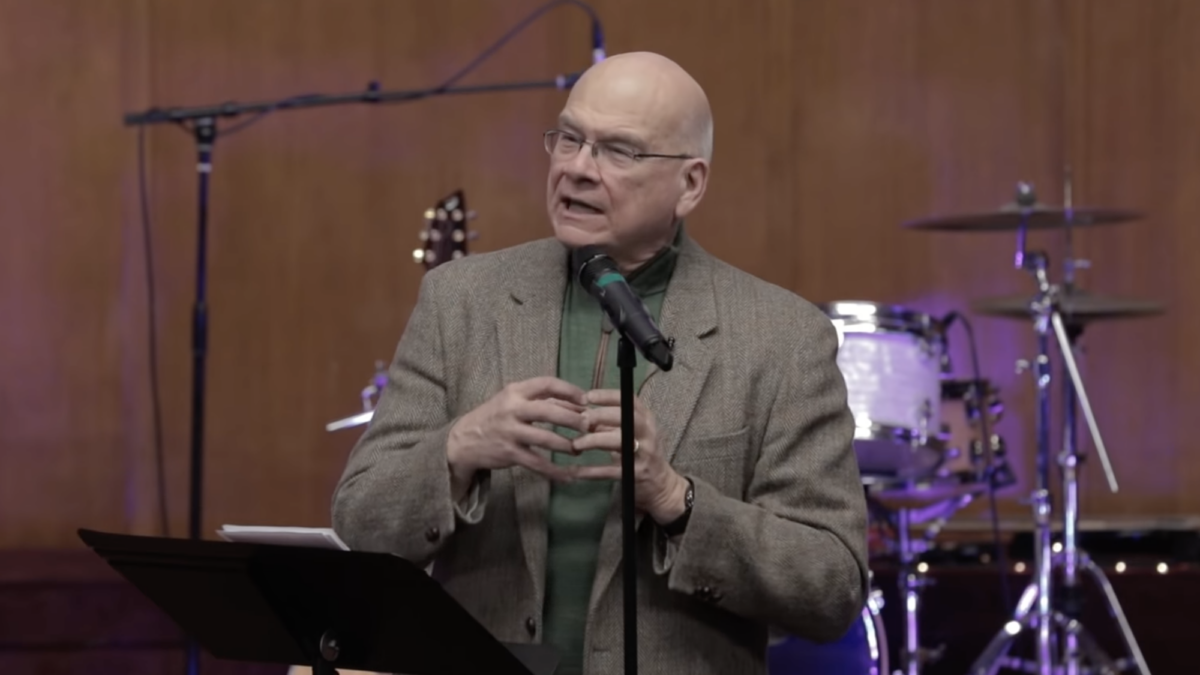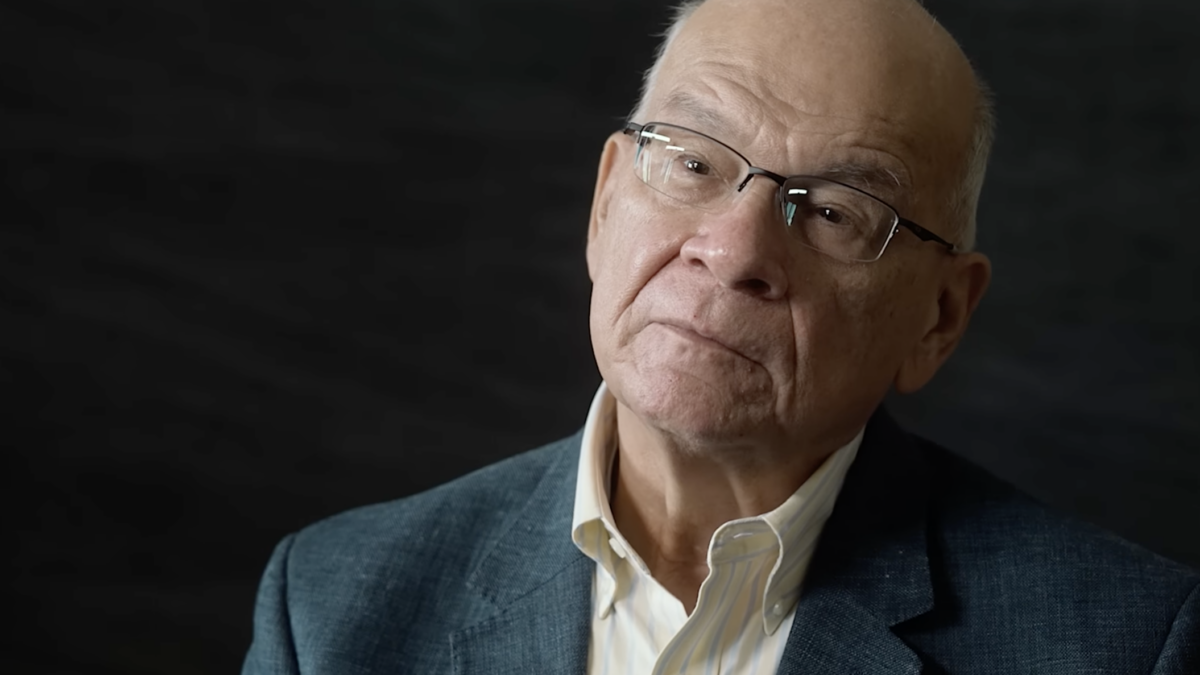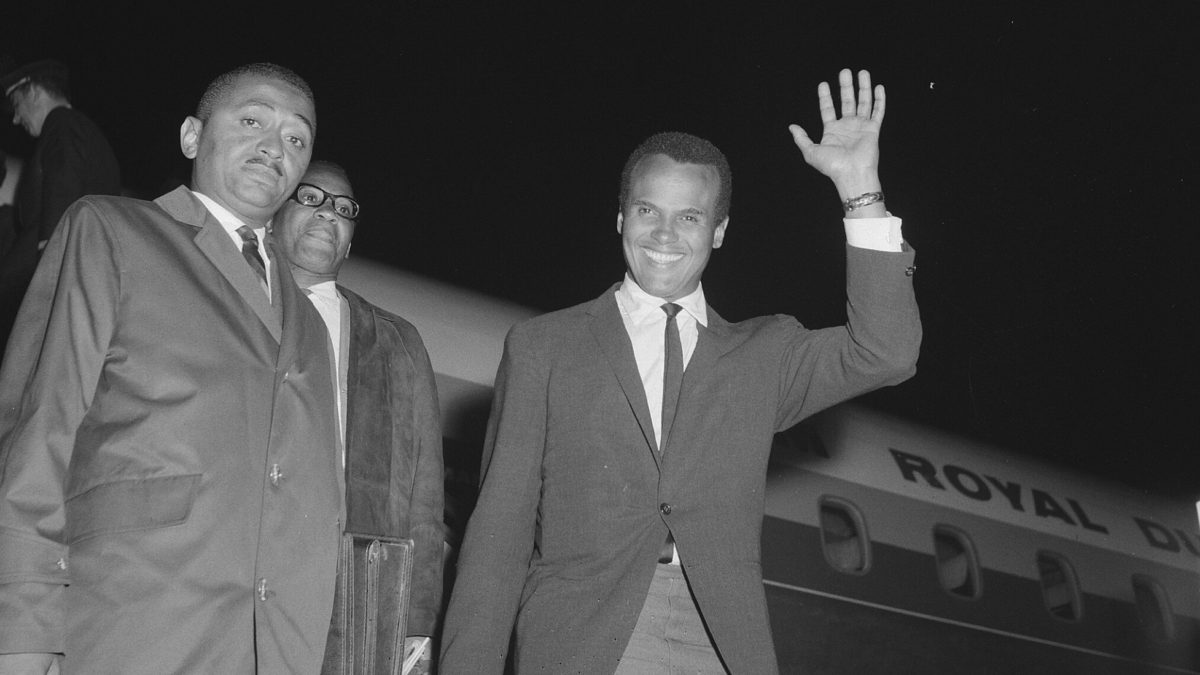
One of the wonderful things about The Federalist is the eclectic nature of its offerings. An article about polling thresholds for debates, a discussion of transgender regret, an analysis of budget proposals. And a theological argument about whether dogs go to heaven.
Dominic Lynch writes to tell the readers of The Federalist that our dogs will not join us in heaven (or at least, he doubts seriously whether dogs will be there). Lynch enters the discussion in response to David Bentley Hart and Stephen Webb, both addressing the question at First Things, and both, it seems, arguing for the possibility of canine bliss (Hart’s article is behind a pay wall, so I can’t be sure). Thus, when it comes to dogs in heaven, there are arguments on both sides.
Cats, of course, are another matter entirely. Cats will not be in heaven for the same reason that Lucifer will not be in heaven: God casts down the proud. Clearly God created cats so we might better understand what devils are like and in a furry mirror see selfishness incarnate.
Before anyone reminds me that the Lord Jesus is called the Lion of Judah (and are not lions large cats?), I’ll simply note that lions are not cats; they are like cats, but awesome. Cats are simply like cats, which is to say, like the devil. If someone persists in drawing the equation between lions and cats, then I’ll simply note that Christ also likened himself to a thief in the night, and that does not require my approval of burglars.
Back to the Dog Thing
Lynch and Webb both write as Roman Catholics, Hart as an Eastern Orthodox theologian. I write as an evangelical Protestant. What’s more, large portions of their essays deal in Thomistic metaphysics and discussions of hylomorphism, subjects which are, as the man said, above my paygrade.
While I have great admiration for Aquinas, I am no expert, so I will simply leave aside those aspects of the discussion and focus my attention on a subject I have done some thinking (and writing) about: the relationship between God and his creation, or, more specifically, the relationship between our delight in God and our delight in creation.
God Is Our Greatest Joy
I’ll begin with a place of common ground. Lynch and I are both convinced that human beings were made to find their highest and ultimate happiness in God. He writes, “What joy is greater than the eternal presence with God, our Creator?” Indeed.
I teach at an institution whose mission statement runs thus: We exist to spread a passion for the supremacy of God in all things for the joy of all peoples through Jesus Christ. Our founder summarizes his entire approach to life and theology with the provocative label “Christian Hedonism.” The theological catchphrase for this view: God is most glorified in us when we are most satisfied in him. The call, therefore, upon all men is to be ultimate pleasure-seekers, pursuing our highest joy and deepest delight in God.
So much is agreed. God is the Summum Bonum, the highest good, greater than all created goods. But in his essay Lynch seems to operate only from this comparative view. Delight in God and delight in created things appears to be a zero-sum affair: the more I love and attend to God, the less I will want or desire anything other than God. In doing so, Lynch, Catholic though he is, appears to agree with the old fundamentalist hymn: “And the things of earth will grow strangely dim / In the light of his glory and grace.”
The things of earth—the dog, the wine, the bacon and eggs—all of these grow dim and dull when Christ appears in his full splendor. Is this the case in heaven? It is certainly not my experience on earth. In the light of Christ’s glory and grace (however much they come to us in a glass darkly in this life), my food and my family and my dog grow strangely bright. As another hymn writer put it, “He shines in all that’s fair.”
Are All Creaturely Limitations Flaws?
Lynch also extols the joy of being in God’s exact presence “without the limitations of our bodies and sin.” With respect to the latter, I have no disagreement. All limitations owing to our fallenness will be removed in heaven. But what of these bodily limitations? I assume Lynch is not arguing that we will be in God’s presence without bodies. That is, I assume that, like me, he believes in the resurrection of the body.
Granted that, what could he mean? Are all bodily limitations flaws? Are all creaturely limitations flaws? To be a creature is of necessity to be limited, and presumably we will still be creatures in the blessed state. We will still be finite, even if we can anticipate enhancement and an ever-increasing expansion of our powers and capacities. This finitude, these limitations (whether of soul or of resurrected body) will not be barriers to our joy but the means of it.
Even the portion of the Catholic Encyclopedia that Lynch quotes suggests as much. The beatific vision consists “primarily” in intellectual contemplation of God. But what does it consist in secondarily? Might it not consist in playing fetch with a Labrador? The bliss of the higher faculties will redound “in some manner” to the happiness of our lower powers. But might not this “manner” include the bliss of loyalty, slobber, and wagging tails?
How God Meets Our Needs
I suppose the divide between Lynch and me shows most clearly in his next-to-last paragraph, and it shows that the question is bigger than simply dogs, but goes to our entire conception of God and his relationship to created goods.
Consider what God is—His quiddity, so to speak. God is omniscient, omnipotent, omnipresent, and all-perfect, just, and merciful. God is all those things, and He also justis—God is existence itself. Being in the immediate presence of such a being would be more fulfilling than anything on earth. As good as dogs are, why would they be needed in such an environment?
The last sentence contains the key word: need. If we have God, why would we need anything else? But let us think carefully about this. God is certainly more satisfying than any earthly pleasure. “Whom have I in heaven but you? And on earth there is nothing I desire besides you” (Psalm 73:25).
But couldn’t this same question be asked about Adam in Eden? The Bible teaches that God made a perfect man and placed him in paradise with unfettered access to God. Yet we read in Genesis 2:18, “It is not good for man to be alone.” Not good. Lacking. Incomplete. How was Adam to respond to such a statement? “But I have you, God. What more do I need?” Entirely true, but also beside the point. Infinite wisdom speaks the “not good.” And infinite wisdom acts to rectify the “not good.”
This is important. God acts. God meets the need. God gives life and breath and all things. But God has designed us so that he would meet some of our needs through other people. We ought not dispute with God on this point. As C. S. Lewis has said, there’s no good trying to be more spiritual than God. Infinite wisdom directed him to mediate his all-satisfying presence to us through suitable created companions—and, perhaps, even suitable canine companions.
If God gave unfallen Adam the highest good (at least in part) through created goods in Eden, might he not do the same in glory? Isn’t that the whole reason for the new heavens and new earth? Isn’t that why, when we come to God, we come to Mount Zion, to the city of the living God, the heavenly Jerusalem, the innumerable angels in festal gathering (are we permitted to admire their attire?)?
Surely in heaven we will not be so locked in on God that we ignore our fellow saints, the company of the redeemed, whose names, like ours, are written in the book of life? And if in paradise, our eye may stray from gazing upon God to notice saints and angels, why may we not also receive his goodness reflected in the petting of a dog, or the making of a chair, or the eating of the rich food he has prepared on Isaiah’s heavenly mountain (Isaiah 25:6)?
Or again, if in glory, as Lynch grants, God can mediate his infinite and all-satisfying presence to us through the contemplation of eternal ideas, why could he not mediate that same presence to us through conversation with a friend, or the painting of a picture, or the planting of a garden?
Don’t misunderstand me. I’m not arguing for any lack or deficiency in God, as though he will not be enough for us, as though we will need something besides him for our blessedness. I love the quotation from Augustine about finding our ultimate and final rest in the God who made us. God alone will indeed satisfy. But I’m suggesting God will satisfy us in a manner suitable to our nature, even our glorified nature. He will give us to drink from the river of his delights, offering us the eternal pleasures (note the plural) at his right hand (Psalm 16:11). It is no doubt true that eye has not seen what God has prepared for those who love him (1 Corinthians 2:9), but though it may be more than the joys we experience here, I see no reason that it will be less.
A Final Word from Augustine and Tolkien
I could go on. It would be worth reflecting on Paul’s words about creation groaning until it obtains the freedom of the glory of God’s children (Romans 8:20-21). Or again his mysterious words about the different kinds of bodies (human, animal, bird, fish) all in the context of discussing the resurrection of the human body.
Or we could talk about the Apostle John’s vision of the new heavens and new earth (Revelation 21-22). Or Jesus’s words about going “to prepare a place for us” (John 14:2-3). In Lynch’s view, if we have the all-satisfying God, why do we need a place, much less one that requires preparation?
Instead, I’ll simply direct people to my book on the subject, and close with two quotations. The first is from Augustine in his “City of God,” Book 20: “Our substance shall receive such qualities as shall, by a wonderful transmutation, harmonize with our immortal bodies, so that, as the world itself is renewed to some better thing, it is fitly accommodated to men, themselves renewed in their flesh to some better thing.”
The world itself will be renewed to some better thing. Why might this better world not include better dogs, glorified and transfigured dogs (along with better music, better beer, and better bacon)?
Finally, a quotation from the famous twentieth-century Catholic (and Thomist) J.R.R. Tolkien.
In Paradise perchance the eye may stray
from gazing upon everlasting Day
to see the day illumined, and renew
from mirrored truth the likeness of the True.
Then looking on the Blessed Land ’twill see
that all is as it is, and yet made free:
Salvation changes not, nor yet destroys,
garden nor gardener, children nor their toys.
Nor, perhaps, man and man’s best friend.









